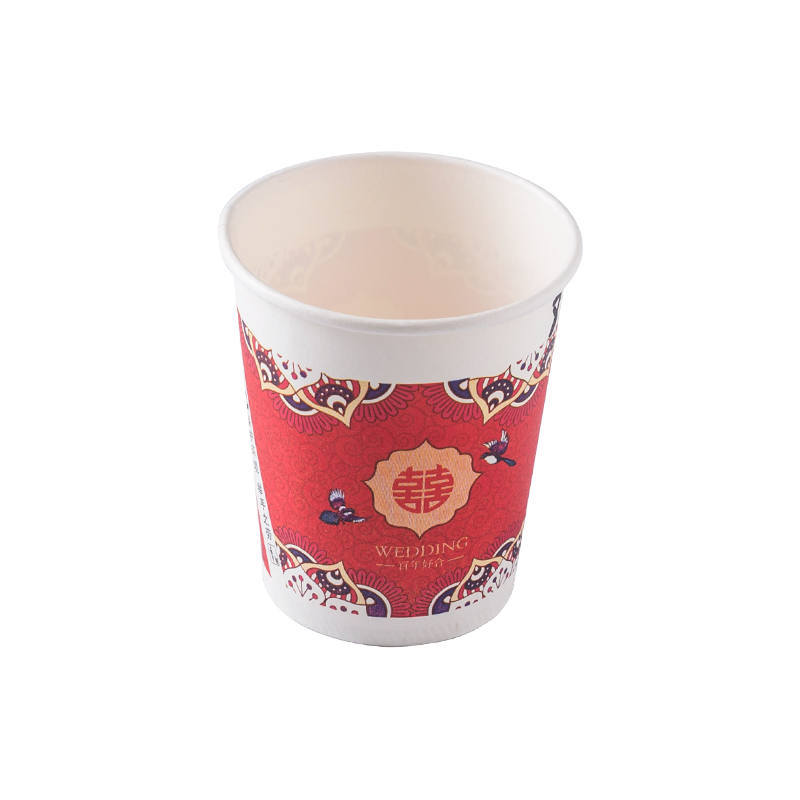Paper Cup is a disposable container used to hold hot and cold drinks, food items like noodles and soups and other liquids. This paper cup is hygienic in nature and very convenient to use. You can find these paper cups in coffee shops, fast-food restaurants and large events including music festivals and sports matches. They are also very popular in offices and schools as they save time and effort to wash and clean utensils after every usage. They are available in various shapes and sizes and can be easily customized to include logos or text for promotional purposes.
The modern paper cup was developed as a life-saving technology in the early 20th century and continues to deliver the same health and safety values today. In this day and age of the coronavirus pandemic, staying healthy and hygienic is at the top of everyone’s minds. This is especially true for those who work in office buildings, hospitals and other public places. Paper cups are a great option for consuming beverages, food and even holding medical items. Paper cups are also very easy to clean and can be stored for long periods of time without worrying about bacteria or germs.
Once the cup is made, it can be sold to customers and shipped to retailers to distribute. This is a much more efficient process than using glass or metal cups that require multiple steps to make and then sterilize. Paper cups are not only more environmentally friendly, but they are also less costly to produce. The only downside is that they aren’t as strong as glass or steel.
A key challenge is getting paper cups into the recycling stream. Consumers need to be aware of where to place their cups, and recycling facilities need to have the correct bins in place. If the paper cup isn’t put in the right bin, it won’t end up at a material recovery facility (MRF) and may be recycled at a lower rate or never recycled at all.
It’s a huge challenge to get all the players in the supply chain to collaborate, but it can be done. Some major MRFs are now accepting cups and including them in their bales with other bleached paperboards. And there are other innovations in the works. For example, Georgia-Pacific’s Juno technology can recycle paper cups and other food contamination and divert it from landfills. This is a game-changing innovation that has the potential to greatly reduce waste and make the paper cup industry more sustainable.



 English
English







